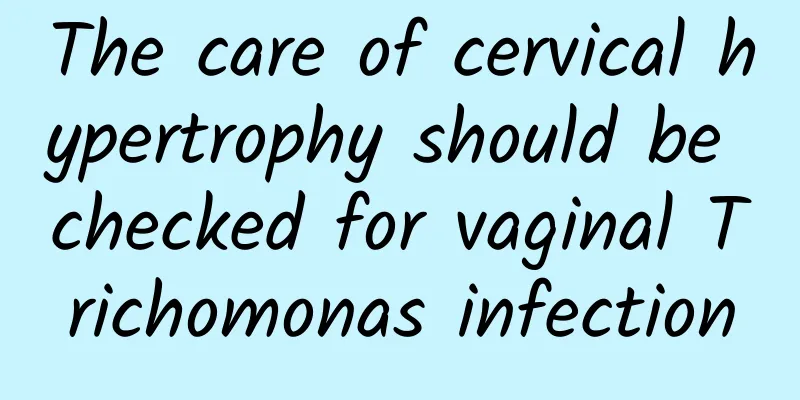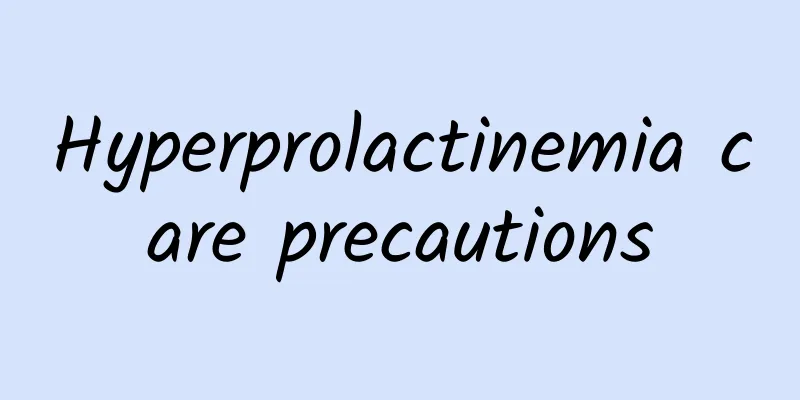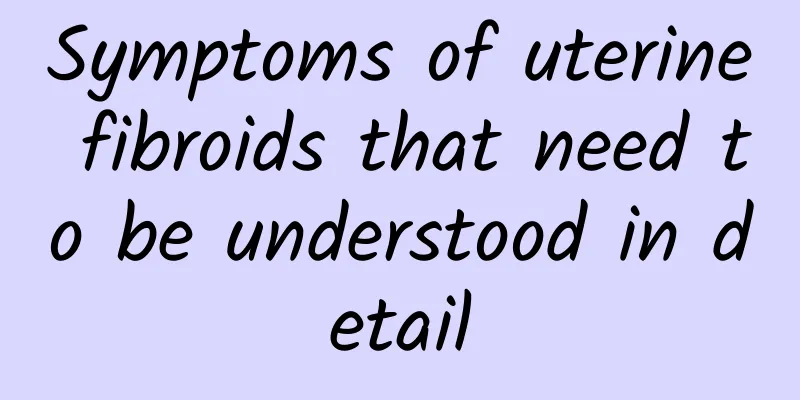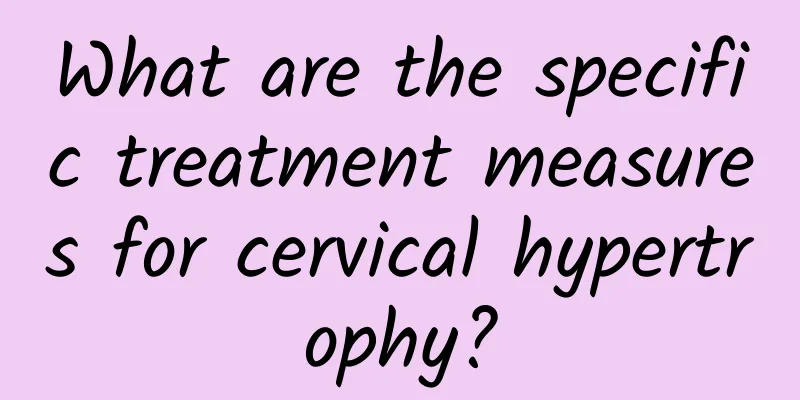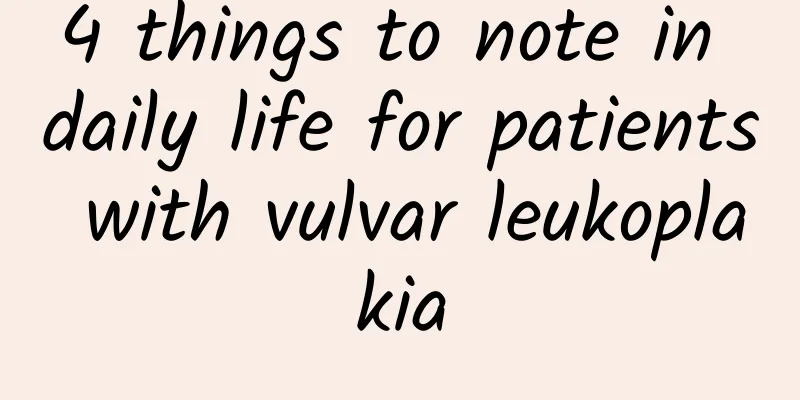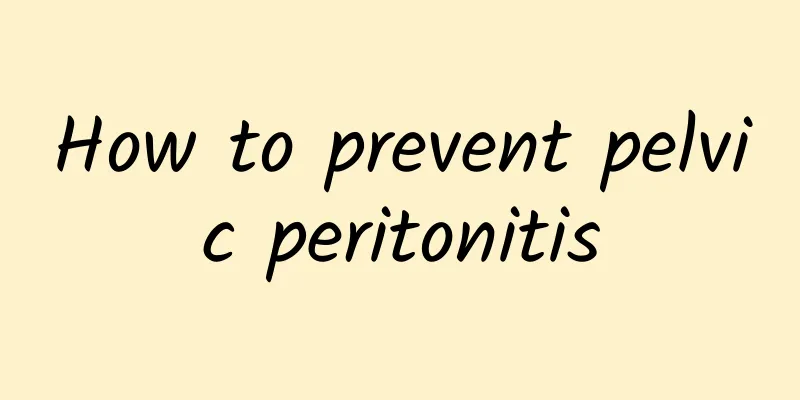Does a low-fat diet help you lose weight? Carbohydrates are key
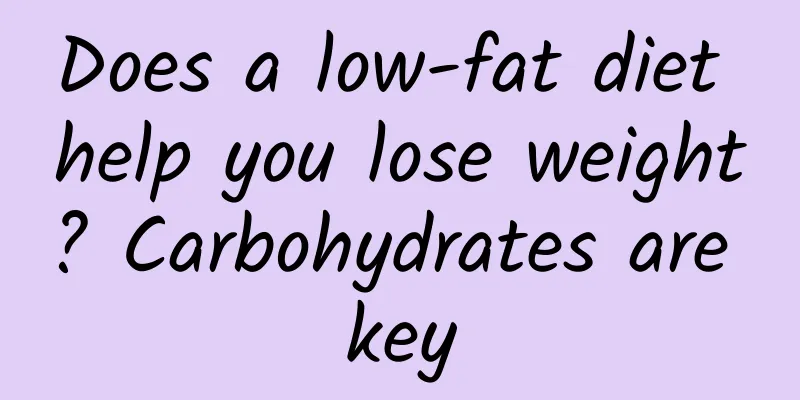
|
Fat is also a major nutrient that the body needs, but for decades, many theories and opinions about fat have been in and out of touch, conflicting with each other, and often extremely wrong, but it is less confusing than the discussion about carbohydrates. Fortunately, research results in recent years have not only forced scientists to re-examine the impact of fat on health and weight loss, but have also completely overturned the important relationship between fat and carbohydrates. Fat, of course, is that greasy stuff found in all animals and almost all plants. Even foods with super low calorie density, such as spinach and blueberries, contain a little fat, because all living things need fat to function. As it happens, anything seems to taste better if fat is added to it. Fat has no taste? Taste buds love fat "umami" Scientists have long believed that fat has no taste because they argue that our taste buds are only capable of detecting sour, sweet, bitter, salty, and a recently discovered fifth: umami. However, recent studies have shown that our tongues can apparently taste fat, and our taste buds seem to like the taste of fat. So if you remove the fat from a food, like skim milk or cookies, you can easily notice a difference in taste. Not only that, low-fat foods don’t fool your taste buds either. You’ve probably had the experience that whether it’s skim or low-fat food, it just isn’t as tasty as full-fat food, and it doesn’t feel as satisfying in your mouth, let alone in your stomach, as full-fat food. Is all fat bad? Helps the body absorb nutrients One thing is certain: of all the nutrients, fat has the highest calorie density, with 9 calories per gram. But this is not the biggest problem. The big question we are most concerned about is: How is fat converted and stored in the human body? What is the difference between dietary fat and body fat? How does the body burn stored fat? (Actually, it means how to lose weight after gaining weight?) Fat is very important to the body, especially the protection and development of the brain. 60% of the brain is fat, but if too much fat is stored, it will be harmful to the body. Scientists estimate that a man's body fat accounts for about 3% to 5% of his body weight, while a woman's body fat accounts for 12% to 15%. This is the basic amount of fat the body needs to make cells, protect nerves and organs (especially the kidneys, liver, heart and small intestine), help hormones function normally, store different types of vitamins, coat the stomach and intestines, maintain the health of skin and hair, and, ironically, remind the body that it is time to eat. Once the fat has completed these tasks, the excess fat is stored in fat cells and the liver, where it can be used when the body needs energy. Besides storing energy, fat cells also have other functions. First, the human body needs fat to absorb and break down nutrients, including vitamins. Depending on their molecular structure, micronutrients can be classified as fat-soluble or water-soluble, which means that nutrients require fat or water to be used by the human body. Water-soluble nutrients or vitamins, such as B vitamins or vitamin C, dissolve in water and are excreted from the body through urine. They should be supplemented every day. However, when we take fat-soluble nutrients, such as vitamins A, D, K, and E, fat carries these nutrients through the blood to the cells where they are needed. The body uses some nutrients immediately, and the rest is stored in fat cells and the liver until needed. Therefore, a nutritionally balanced person does not need to consume fat-soluble nutrients every day. (And if fat-soluble vitamins are taken in excess, they can actually be toxic, but most people don't need to worry about that.) Fats also carry fat-soluble hormones, such as steroids, thyroid hormones, and sex hormones (estrogen and testosterone). Minerals such as calcium and magnesium also need to be absorbed through fat and transported throughout the body. So, you do need fat. All the cells in your body need fat to burn energy and get the nutrients they need (fat also regulates the substances that enter and leave the cells). You just don't need "extra fat." Promote fat burning? Blood glucose level is key Few people consume only a single nutrient, and the interaction between carbohydrates, protein and fat affects the functioning of fat in the body. In fact, the hunger hormones in the human body - insulin, leptin, and ghrelin - influence each other and also respond to the energy produced by burning fat and carbohydrates. Let’s first take a look at what happens after you eat fat. Don't forget that the body will store excess energy in the form of fat and convert it into energy when we need it. But the problem is that few people are really hungry enough to need the body to burn fat. However, if you want to lose weight, the key is to shrink the already expanded fat cells. Just as carbohydrates are converted into glucose during digestion, fats are broken down into fatty acids, which the body can use. Fatty acids are stored in fat cells, which are cells throughout the body that are specifically designed to store fat. Fat cells grow larger as they store fatty acids, so you can actually see these excess calories being stored for later use. Any fat that is not used at the moment will be stored in fat cells. Whether it is fatty acids or glucose released from carbohydrates, it is the same "raw energy" for the body. The point is, as long as there is glucose circulating in the blood, the body will use glucose as an energy source first, and fat will be stored on standby, perhaps never receiving the command. If at some point in the future, the concentration of glucose in the blood from carbohydrate intake drops low enough, the insulin concentration will also decrease accordingly. The fat cells will then receive the command to release the stored energy. Only in this way will the fat cells become smaller and the stored fat will be burned. Does a low-fat diet help you lose weight? Excessive carbohydrates can cause obesity Now we know that fat is essential, but we also know that storing too much fat (or consuming the wrong kind of fat, which we’ll get to later) is not a good thing. However, scientific understanding of fat is changing and progressing rapidly. Back in the 1980s and early 1990s, low-fat diets were all the rage, not just for weight loss but (theoretically) to reduce the risk of heart disease, and as a result, Americans were eating far less fat than they had 50 years earlier. In the 1960s, 45% of the calories in the American diet came from fat; now it's probably a little more than 30%. But there is a problem: now more than 35% of American adults suffer from obesity. Although Americans consumed more fat in the 1960s, only 13% of the population suffered from obesity. In just 50 years, the obesity rate has more than doubled. Why is this happening? Since the public demonized fat, we have drastically reduced our fat intake and increased our carbohydrate intake. During the same period of time, our intake of highly processed grains and sweeteners has increased by more than 40%. You should know that nearly 50% of the calories in our current diet come from carbohydrates, most of which are harmful sugars and highly processed grains. Under the slogan of "healthy low-fat diet", we eat a lot of carbohydrates that were only invented in modern times. Humans are experimenting with a new, unique diet never seen before, eating unnatural foods, most of the time said to be for reducing fat intake. (The Standard American Diet reappears.) Reducing fat intake helps lose weight? Eating less "bad" fat is the key The alternative is simply tragic. Now more and more studies have pointed out that drastically reducing fat intake is not necessarily a magic formula for weight loss, not to mention that if you replace fat with high-glycemic index carbohydrates, the effect will be even worse. If you reduce your fat intake and don't eat more of other foods, you certainly have a chance to lose weight, but this is not the case for most people. In fact, newly published research evidence suggests that a high-fat diet (about 40% to 50% fat in the diet) has no direct relationship with weight gain or disease; what really matters is the type of fat consumed. So, even though people now consume less fat, eating too many highly processed carbohydrates and "bad" fats is the real health killer. Simply put, the fat we consume from animal products and junk food, even junk food made from fruits and vegetables, like potato chips, is bad fat, while the better fat comes from nuts, olive oil or avocados, which are naturally occurring fats in vegetables and grains. Just like carbohydrates, the body treats different types of fat differently. Now, we can’t talk about fat without first talking about cholesterol, which is a waxy, fat-like substance found in animal products. Excerpt from Yuanliu Publishing "Eat Whatever You Want After 6PM: Eat Fruits and Vegetables Before 6PM, Effectively Lose Weight and Stay Healthy" |
<<: careful! Fat people's brains age 40% faster without them realizing it
>>: Obesity has 5 landmines! Avoid nuts after 7pm
Recommend
What should I do if I have third degree cervical erosion? What are the symptoms? How can I prevent it?
Nine out of ten women suffer from cervical erosio...
What causes right lateral adnexitis?
Right-sided adnexitis is often caused by infectio...
Does hidden miscarriage cause abdominal pain? What does hidden miscarriage feel like?
Some women go to the hospital to check the cause ...
Sitting for a long time and crossing your legs can help you get rid of hip pain with these 3 hip exercises
Are you a "sedentary worker"? Do you of...
Different classification methods for uterine fibroids
Uterine fibroids are the most common benign tumor...
What can't you eat after an abortion? How long can you not eat before an abortion?
Abortion is a common gynecological procedure that...
Four types of uterine fibroids
Uterine fibroids are a common type of benign tumo...
Low fat won’t make you thin! Carbohydrates are the key
Many people who want to lose weight pay special a...
How to perform surgery for uterine fibroids? Postoperative care measures for uterine fibroids
Uterine fibroids are usually treated with surgery...
Reduce sugar intake and you won’t feel hungry, which helps you lose weight and fight aging! Get rid of bad eating habits and regain your health. Master the five stages of reducing sugar in your diet
As the saying goes, "Diseases come from the ...
Treatment measures for vulvar itching
Many women have suffered from vulvar itching in t...
What should you pay attention to after a painless abortion
Things to note for recovery and conditioning afte...
Knowing the cause of adnexitis can effectively prevent this disease
In recent years, due to the continuous progress a...
What are the symptoms of congenital absence of vagina?
You should know that the symptom of congenital ab...
What are the symptoms of bacterial vaginosis
About half of patients with bacterial vaginosis h...

